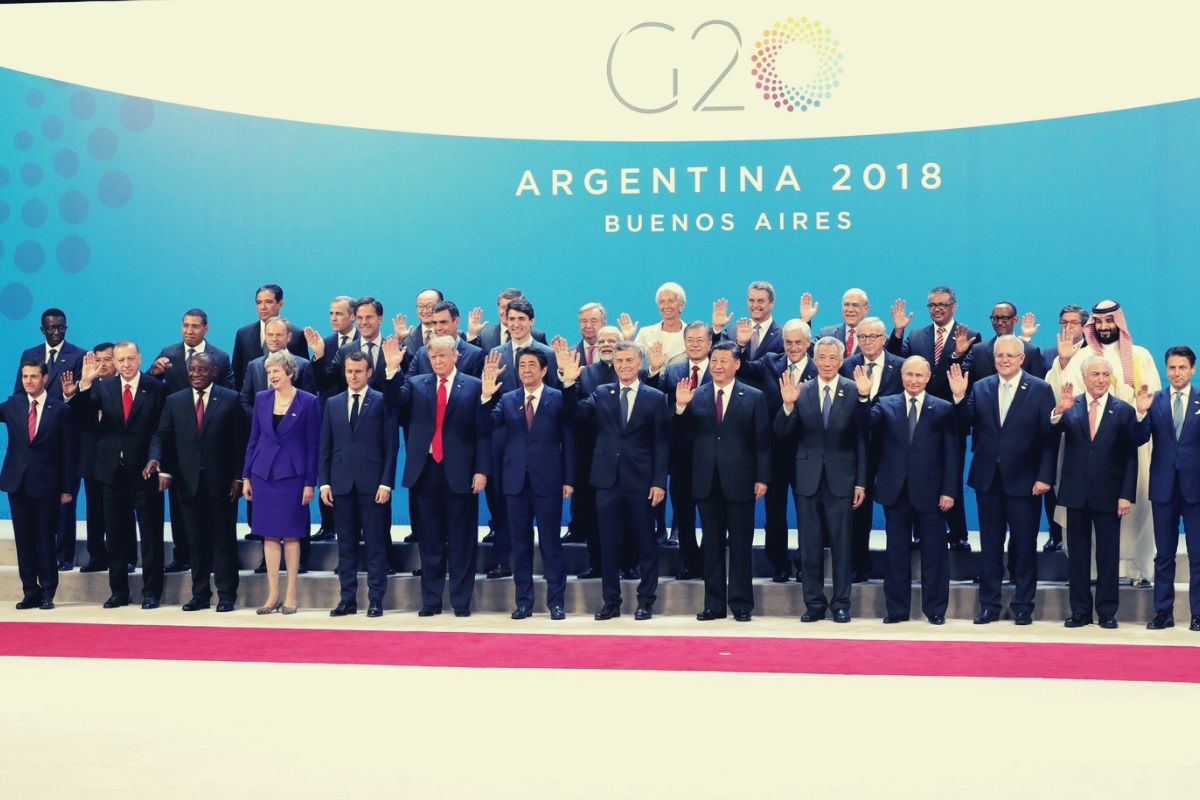G20 Leaders are Set to Regulate Crypto Industry

European countries have been at the forefront of regulating the crypto industry for quite some time now. Other major world economies which have so far realised the significance of blockchain technology have shown interests in regulating the industry in the past few months. To show that the world top economies really mean business when it comes to regulating the crypto industry and cryptocurrency, it was made known in the recently held G20 meeting of top politicians from around the world that pressure will be mounted on governments across the world to regulate the crypto space within its borders.
The G20 Leaders
The G20 otherwise known as the Group of Twenty is an international forum for the governments and central bank governors From Argentina, Australia, Brazil, Canada, China, the European Union, France, Germany, India, Indonesia, Italy, Japan, Mexico, Russia, Saudi Arabia, South Africa, South Korea, Turkey, the United Kingdom, and the United States.
The G20 Leaders’ Summit which was held in Buenos Aires, Argentina, ended yesterday and there, it was made known that a fair and an open financial system is crucial to support economic growth. Leaders also called for international standards to regulate new technologies such as cryptocurrency.
According to a recent report, it was stated that the G20 Leaders will do all in their powers to monitor and regulate the world’s financial system. The leaders made this known in a statement which reads:
“We will continue to monitor and, if necessary, tackle emerging risks and vulnerabilities in the financial system; and, through continued regulatory and supervisory cooperation, address fragmentation. We look forward to continued progress on achieving resilient non-bank financial intermediation. We will step up efforts to ensure that the potential benefits of technology in the financial sector can be realized while risks are mitigated. We will regulate crypto assets for anti-money laundering and countering the financing of terrorism in line with FATF [Financial Action Task Force] standards and we will consider other responses as needed.”
